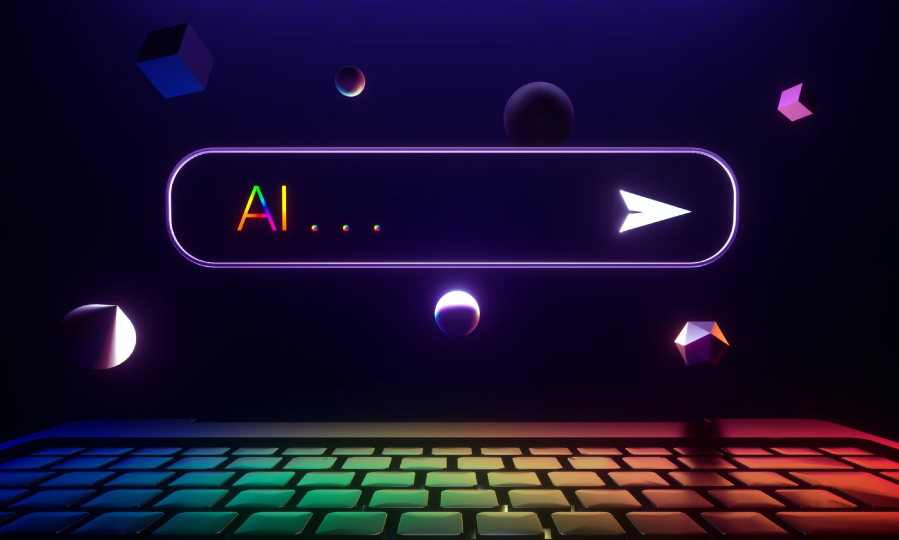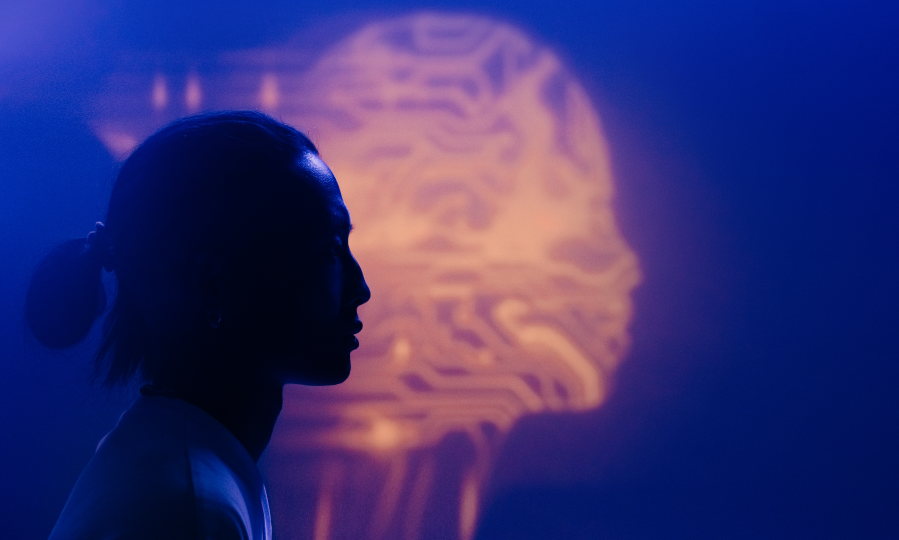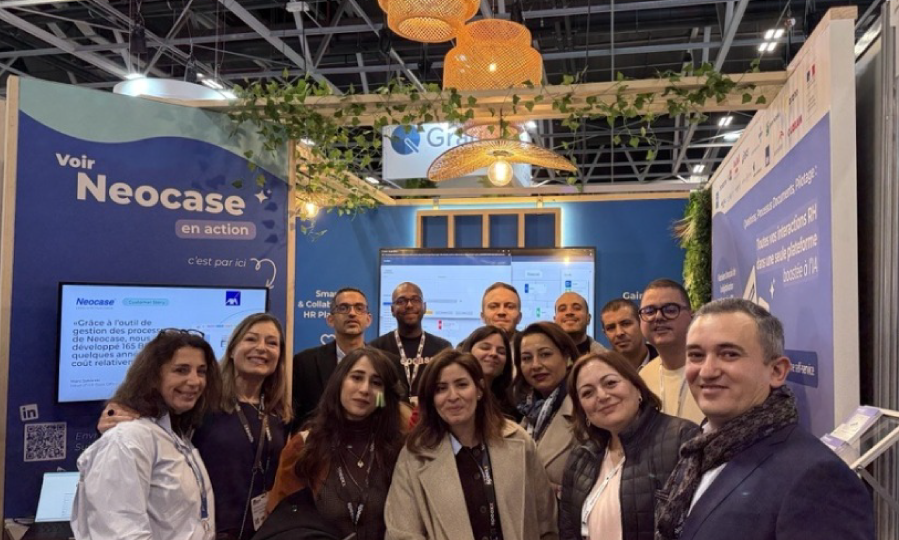HR TRENDS
Artificial intelligence in HR transformation

SHARE THE ARTICLE ON

Human Resources departments play a central role in supporting employees through change and act as strategic partners for top management while orchestrating transformation. They are responsible for monitoring risks and identifying opportunities, as well as promoting inclusion within the organization. AI can be an invaluable ally in accomplishing this, by refining HR data analysis, anticipating needs and boosting the effectiveness of initiatives implemented to support teams.
Digital HR assistants: a new era of automation
Digital assistants, such as chatbots, have been helping employees in their daily activities for quite a while now, by providing answers to certain questions. With the ability to process natural language and generative artificial intelligence, employees will soon have personal digital assistants capable of answering their questions while taking into account their personal context, suggesting actions, reminding them of events and taking care of HR tasks for them such as applying for leave or updating personal information. These personal assistants will offer personalized suggestions based on employees' experiences, expectations and preferences. They will incorporate listening tools, surveys and polls along the way, and offer opportunities for dialog and feedback, rather than just the obligatory HR interviews.
HR solutions will contain more business intelligence and will offer interactions tailored to each person's personal information and needs.
AI makes it easier to access HR information
AI provides advantages by improving and streamlining the user experience when accessing HR information.
The algorithm will build an appropriate response, based both on personal data and on the regulations in force within the company, providing individualized support. Knowledge integrated into HR processes will guide employees with quick and easy contextual help.
AI and payroll management geared towards intelligent payslips
For payroll, given the complexity of the data contained in payslips, HR departments can leverage AI to offer personalized support that is easily accessible to all employees. Thanks to the use of new digital assistants and generative AI, payslips are now "intelligent” and can provide information on the rules implemented and the results of calculations, tailored to the situation of each employee. Everyone can thus easily obtain detailed information on their pay.
Promoting inclusion through digital accessibility
The issue of digital accessibility is already an unavoidable imperative that must comply with the RGAA accessibility guidelines. These regulatory guidelines are designed to ensure that digital interfaces, including HR tools, can be used by all, regardless of physical, sensory or cognitive disabilities. Companies need to ensure that their solutions comply with these standards, so that some of their employees are not excluded.
AI can be used to explore new ways of interacting, including voice command, facial recognition and sign language. As HR solutions evolve, they aim to make systems more inclusive, taking into account the needs of people with disabilities or special interaction preferences. The integration of these technologies opens up new perspectives for better integration into the workplace, offering employees interfaces adapted to their needs and abilities.
Digital accessibility in the future will not only ensure equal and fair access, it will pave the way for a revolution in the way we work.
Using AI to deploy CSR policies
HR is responsible for many aspects of CSR policy, particularly social issues, which are increasingly becoming a way to mobilize and engage employees. This is an opportunity for HR to encourage new practices, particularly those that are eco-responsible. AI will be used to provide 'visibility' to social engagement in line with the company's CSR policy and in relation to the employee's context. Donating leave, for example, measuring their carbon footprint, lending skills to humanitarian associations and participating in rounding up schemes.
AI and HR data governance and security
The adoption of AI will therefore enhance digital services offered to employees, making the user experience more complex. HRIS systems, which already include many applications, will increase the amount of information exchanged, thereby increasing the risks associated with data consistency and protection. Solutions must be interoperable to ensure consistency and governance of HR data, based on a reference base. Through AI we can now intelligently control these exchanges, optimize the user experience and thus implement these new services.




